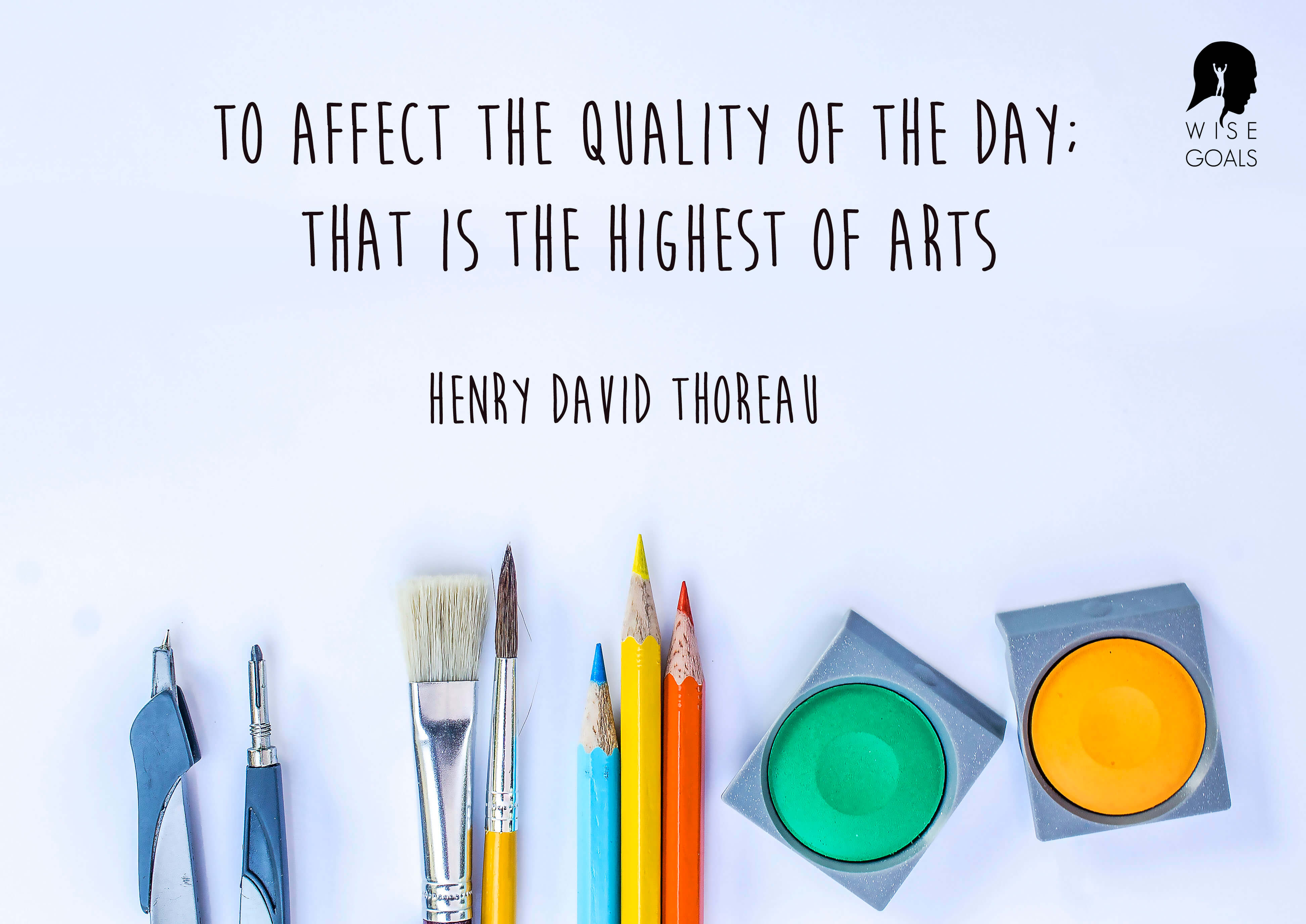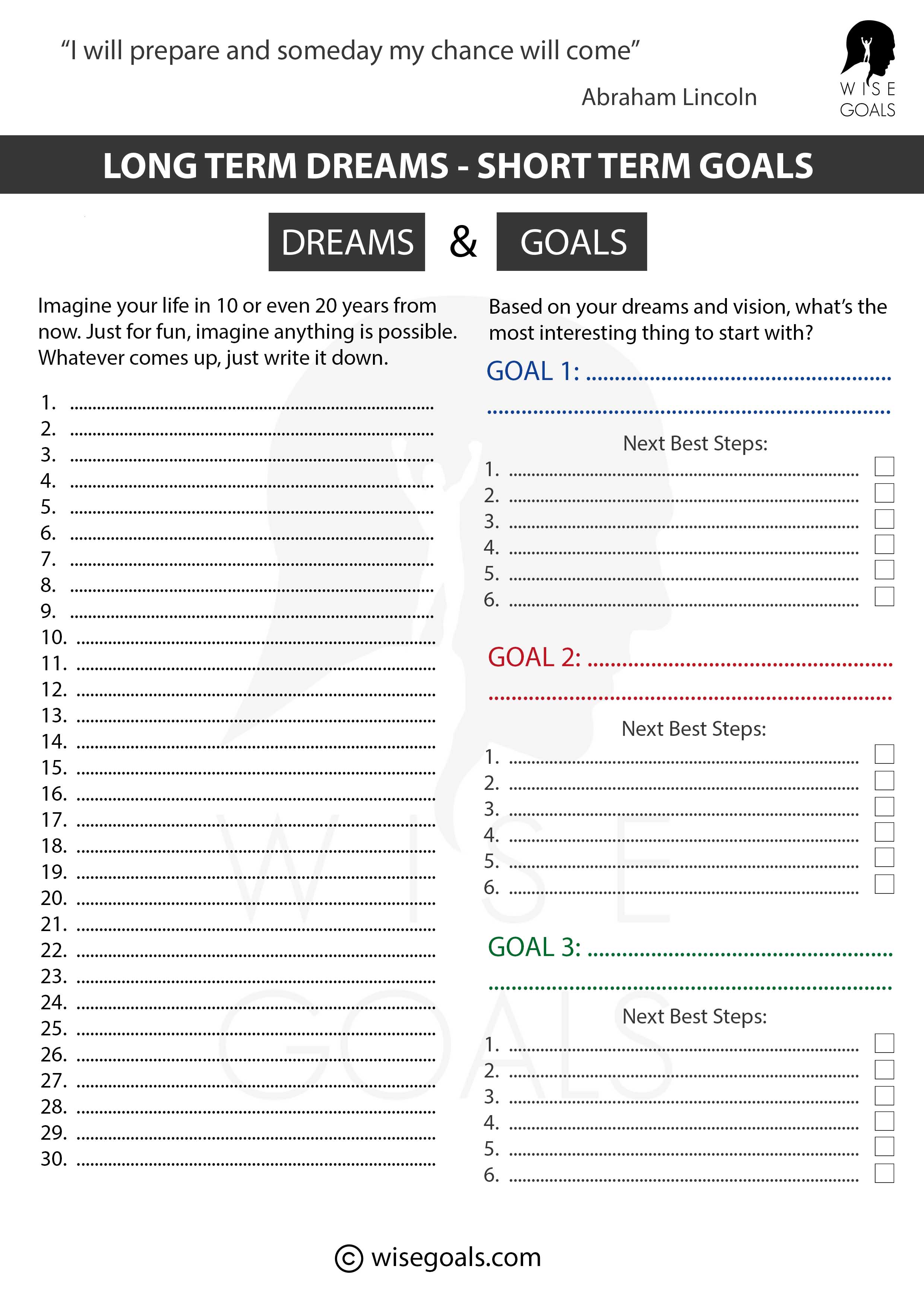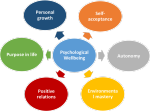
What mental-health goals can I set if I’ve had a
traumatic childhood?
Understanding the Impact of Childhood Adversity on Adult
Well-being: A Path to Healing
Through research and personal experience, at Wisegoals, we believe that focusing on certain key areas can guide adults who experienced childhood adversities towards a brighter future.
We're interested in how childhood adversity—experiences that include various forms of abuse, neglect and household dysfunction— significantly shape one's health and behavior as an adult, contributing to issues like depression, anxiety, and even serious illnesses.
On top of this, we were also keen to see what helps. And, there's hope— our recent review shows that certain positive psychological factors can help counteract these negative effects.
Understanding Adversity: The Impact of ACEs
Childhood adversity, often referred to as Adverse Childhood Experiences (ACEs), includes difficult situations like abuse, neglect, and exposure to family dysfunction.
The essence of such experiences is high childhood stress, multiple difficult emotions, combined with a lack of support in managing these experiences.
Stress and adversity are a normal part of life, but when a child isn't taught and doesn't see ways of being that help, emotional acceptance, understanding, soothing, safety – the disrupted development and wounds that ensue become trauma. This is especially the case when the childhood stress is more pronounced, happens in multiple areas, and exists across a long period of time.
The fallout of such experiences increase the risk of mental health issues and chronic diseases as adults.
However, the good news is that there are approaches that mitigate these risks. This is even the case when we intervene early, before many of the complications present themselves.
Why a Proactive and Positive Focus Matters
Our review highlighted how adopting maladaptive coping mechanisms, such as substance abuse or overeating, is a common response to ACEs.
We also discuss how directing our attention to certain positive areas can redirect this energy towards building a happier now, and thus, a better future. These areas, inspired by Positive Psychology, include enhancing well-being, nurturing self-compassion, and cultivating optimism. It’s not about striving for some ideal future, but more about cultivating something positive in your life-long home, your body and mind.
The Role of Self-Compassion
One key area we discuss is self-compassion—which is non-judgemental self-awareness, being kind to oneself, and a sense of common humanity— We found self-compassion can significantly reduce the impact of childhood adversity. Individuals with higher self-compassion are less likely to experience depression and more likely to regulate their emotions effectively. By setting a goal to practice self-compassion in the inevitable difficult moments each day, individuals can build resilience against the lingering effects of past hardships.
Optimism: A Positive Outlook for the Future
Another powerful goal is to foster optimism—the belief that good things will happen. When many past difficulties have happened, it’s only natural that one would expect more of the same. Also, the fear that was experienced in that negative past time is often held in the body. Yet, learning flexible optimism can help individuals sow the seeds for growth and happiness. By focusing on what might go well, people can also better manage stress and maintain their mental well-being, even when facing the long-term effects of adversity.
Meaning in Life: Finding and leaning into the
significance of things
Finding meaning or purpose in life doesn’t have to be some huge mission to change the world, although it can be.
Our research shows that individuals who look for the positive meaning of things that happen- are better equipped to handle the psychological impacts of childhood adversity.
Meaning-making can lead to higher unconditional self-worth – something that was often missing in a difficult childhood. The constant striving, the dissatisfaction with how things are, is a never-ending cycle of low-self-worth based on a false idea about where happiness comes from… i.e. from reaching certain circumstances.
Reframing our journey in a positive light, deeply connecting with the positive meaning in it, creates a broader more flexible self, helping to counteract negative messages from the past.

The Potential of Positive Emotions
Having a goal to experience and cultivate positive emotions is another effective strategy. As is understanding the conditions in which positive emotions arise naturally. Positive emotions can help individuals recover from the inevitable stresses of life more quickly and support the building of lasting resources for well-being. Simple goals, like fostering gratitude, following an interest and feeling inspired, or engaging an activity that enlivens the body, can create an upward spiral of positivity that enhances overall mental health.
Putting It All Together: The Wise Goals Approach
At Wise Goals, we advocate for a balanced approach to mental health that combines embracing and exploring the negative consequences of past difficulties with the opportunities in positive areas of focus.
Each negative emotion, sensation, trigger, is a precious opportunity for kind self-learning, deeper self-acceptance, and greater self-compassion. We move closer and closer toward our whole self. This expands out to others who are struggling, enabling us to embrace them in our hearts and minds.
So clearly, the negative has great positive potential. Likewise, a positive focus has inherent risks. After growing up thinking our worth is not about who we are fundamentally but rather attached to all kinds of outcomes, some of which are out of our control, it’s inevitable that a positive focus could be toxic. If striving for something increases the chances of me feeling like a failure and stirs self-abuse as obstacles arise then there is a problem here.
By first preparing for these moments, through developing self-compassion, self-understanding, greater emotional awareness and kindness, more connection with the language of our body, optimism, or overall well-being, we prepare ourselves to be able to go for things, to strive, in a healthy orbit.

For those who have experienced ACEs, these varied positive factors that lessen the impact of disrupted development, offer a wise pathway to moving from understandable surviving to grounded and happy thriving.
The beautiful inner realm can be likened to a great palace that stretches out through the universe affecting everything. Dedicating time and effort on that inner realm – on the thoughts and feelings and sensations within – on your inner dialogues – on your difficult moments - is not only wise, but also the path to a happiness that is more robust, being as it is, based less on external circumstances.
Moving Forward
Our research underscores the importance of focusing on the inner realm and cultivating positive psychological variables in overcoming the challenges of childhood adversity.
Mental health professionals and individuals alike can benefit from focusing on areas that build well-being, resilience, and a positive outlook on life. This of course, includes and embraces the negative warmly into a new more whole you. By swapping maladaptive coping strategies for positive ones—like gratitude, treasuring your intentions, and becoming whole for the sake of yourself and others—individuals can create a life that not only addresses the past but also embraces a hopeful and fulfilling future.
- Home
- Mental Health
Recent Articles
-
Break Through With 11 Stylish Goal Setting Worksheets (PDF, FREE)
Use these goal setting worksheets and templates to work through your goals and dreams creating motivation & momentum. Choose from 11 inspiring worksheets! -
Unlock Your Potential with Coaching & Positive Psychology | WiseGoals
WiseGoals empowers leaders, students, and athletes to unlock their potential through evidence-based coaching psychology, focusing on both success and happiness -
Wellbeing Coaching for Young Adults | Achieve Balance & Success Today
Looking for expert wellbeing support? Our certified coaches help young adults manage stress, stay motivated, and thrive in university life. Free first session! -
Schedule a Free Wise Goals Coaching Consultation
Take charge of your life with professional certified coaching from WiseGoals. Book your consultation and make a fresh start today! Schedule a free consultation -
Healing a Traumatic Childhood: Mental Health Goals for a Bright Future
Find out how focusing on self-compassion, optimism, and meaning can counteract the effects of a difficult childhood and lead to lasting mental well-being.




